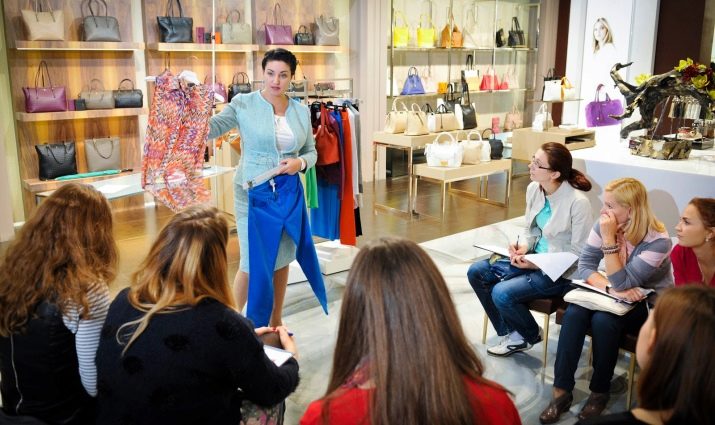Image stylist: features of the profession
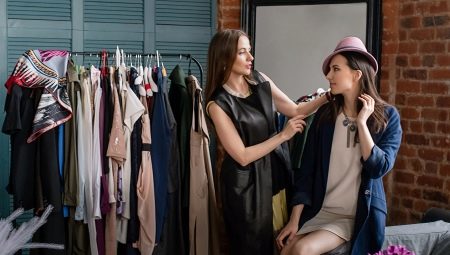
Not every person is endowed with an innate sense of artistic taste. However, if for most people it is enough to navigate in the “casual” style and be able to combine basic things with each other, then the rest, due to the peculiarities of the profession or other circumstances, must look perfect every day and have a certain image. The stylist-image-maker can help them with this.
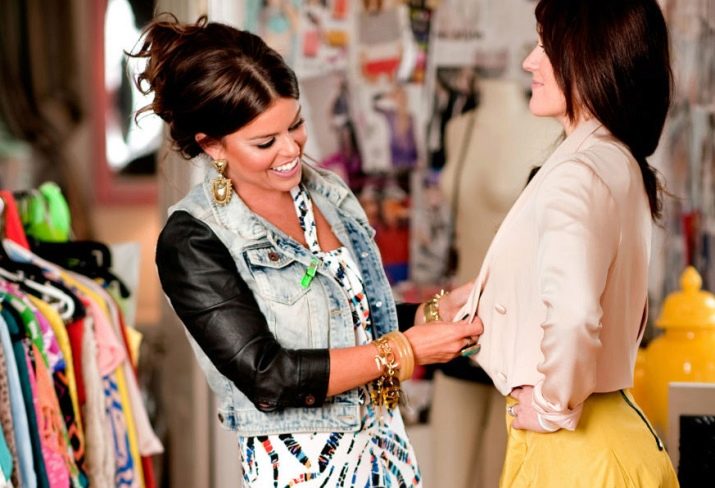
Who is that?
The word "image maker" itself consists of 2 parts: "Image", that is, a purposefully formed image of a person, and "maker", formed from the English maker - "producer, creator." Accordingly, in the aggregate, we get the creator of the given visual image. As a rule, this happens through the selection of clothes and accessories, however, a professional master of creating an image is able to completely change the appearance and behavior of a person, resorting to the help of hairdressers, makeup artists, as well as sports coaches and psychologists.
His task is not only to change the clothes of the person who asked for advice, but also to teach how to behave in a given situation, how to think and communicate correctly in order to "break through" into those circles where it is required. This is the main difference between an image maker and a simple stylist.

Pros and cons of the profession
Let's take a look at the advantages and disadvantages of this type of activity.
Advantages:
- prestigious fashion profession;
- good specialists are in great demand in certain circles;
- there is an opportunity to meet interesting people;
- good material reward;
- using the knowledge gained, you can create your own unique image.
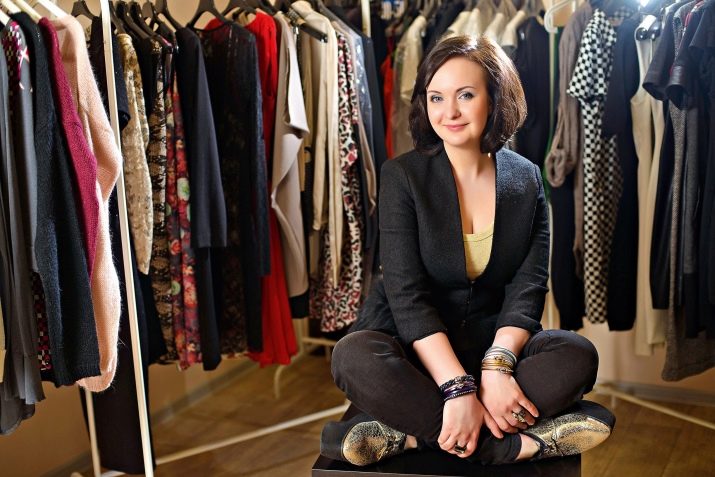
Disadvantages:
- it will be difficult for a novice image maker to find a job at first;
- successful activity will also depend on the client's willingness to change;
- the profession presupposes a high level of emotional tension due to constant communication with various people and constant information workload.
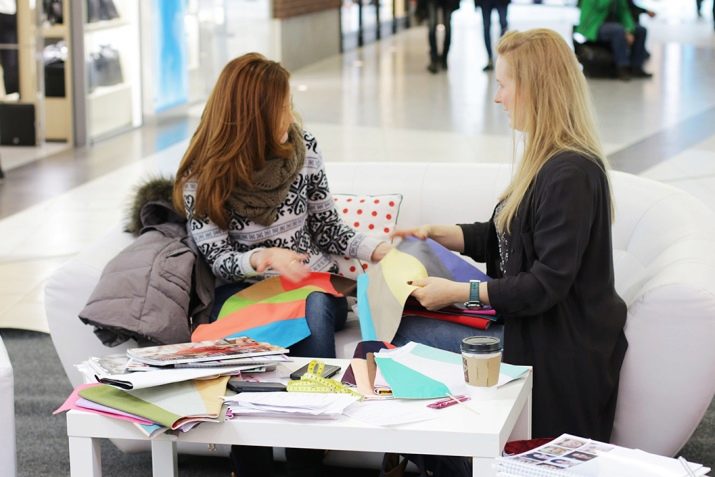
Functions
A specialist in creating an image can be personal, that is, work with a specific person, or corporate - in this case, he will be called upon to form the image concept of the whole company. The functional responsibilities of the image maker, regardless of whose image he creates, will be as follows:
- analysis of the current social situation;
- public opinion survey;
- study of current fashion trends;
- highlighting the advantages and disadvantages of the customer's personality;
- image formation based on the information received;
- final implementation of the image in detail with the help of narrow specialists: hairdresser, make-up artist, psychologist, personal trainer, etc.
Top-level professionals "dig deeper" and determine the style type of personality by studying the archetype, the originality of temperament, character. They teach the client the skill of the speaker, beautiful gait and even facial expressions.
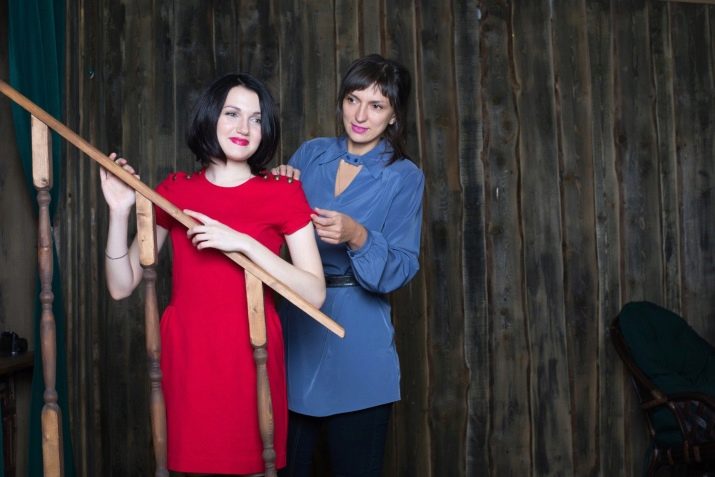
Requirements
Probably, you are already interested in such an unusual profession and want to know what the requirements are for an image shaping specialist. Well, let's not torment you and tell you.
Personal qualities
Not everyone can become an image maker due to their personal characteristics. Anyone who wants to achieve success in this area must have a number of the following qualities.
- Love to communicate and do it sincerely, with joy... In the process of work, an image maker encounters a variety of people - so, he must be able to find an approach to everyone for successful and fruitful cooperation.
- Love and desire to gain new knowledge will also come in handy for an image master. Fashion does not stand still, trends change like pictures in a kaleidoscope - it is very important to always be “in the flow” and constantly learn. By the way, this applies not only to awareness of trends - an image-maker must have an idea of personality psychology, aesthetics, pedagogy, rhetoric, and sometimes even medicine.
- Equally important are the innate sense of taste, developed imagination, personal charm and charm. He should not only demonstrate all these skills to clients, but also suggest to them how to cultivate them in himself.
- An image creation specialist must know the basics of creating a make-up and hairstyles, navigate in the field of cosmetology. This is necessary to create and retain a single image of the client in the head.
- A professional image maker must be ready for teamwork, since very often, for the final implementation of his plans, he will need to involve narrow-profile specialists (we mentioned them earlier).
- Finally, he must be a good teacher in order not only to carry out a change in the external image, but also teach the client how to behave, how to form certain habits, how to speak in public, overcome their fears, etc. Only then this specialist can be called a real image maker - the creator of a completely new personality image.
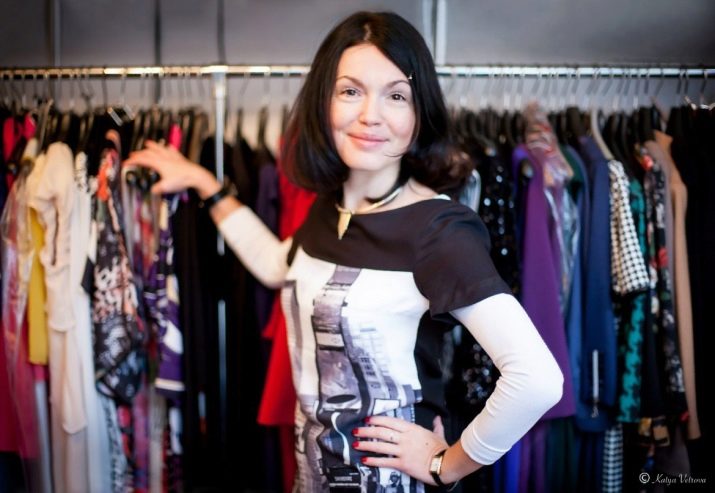
Skills
What should an image master be trained in? Read below:
- have "in service" with tools for the formation or correction of a new male or female image, know all the techniques and stages of its construction;
- own basic make-up skills, be able to talk about how with the help of cosmetics it is possible to neutralize certain defects in appearance;
- navigate in the fashion industry, current trends, know the history of fashion;
- be a little psychologist, sociologist, marketer and advertising master;
- know and understand perfectly features of the client's profession;
- possession foreign language will only be a plus.
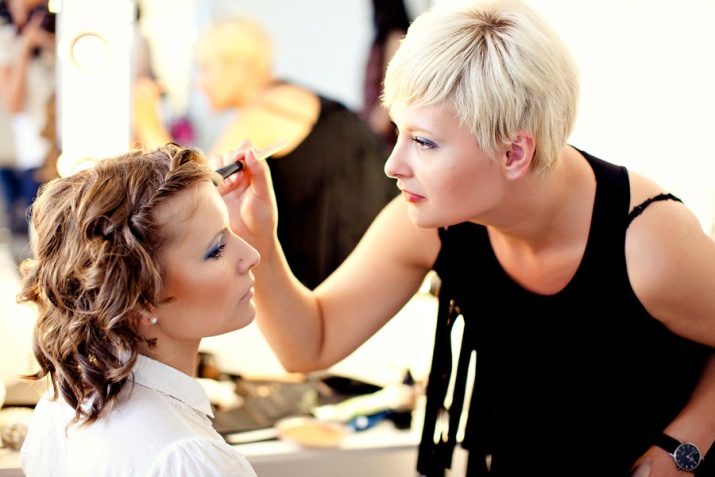
Education and career
And where can you learn this profession? Unfortunately, there are still no narrow-profile educational institutions in our country. However, do not despair. If you want to have a higher education, you can get one of the following professions: psychologist, sociologist, marketer, public relations specialist, and then take a specialized training course. They are often organized on the basis of humanitarian universities, schools of stylistics, and advertising agencies.
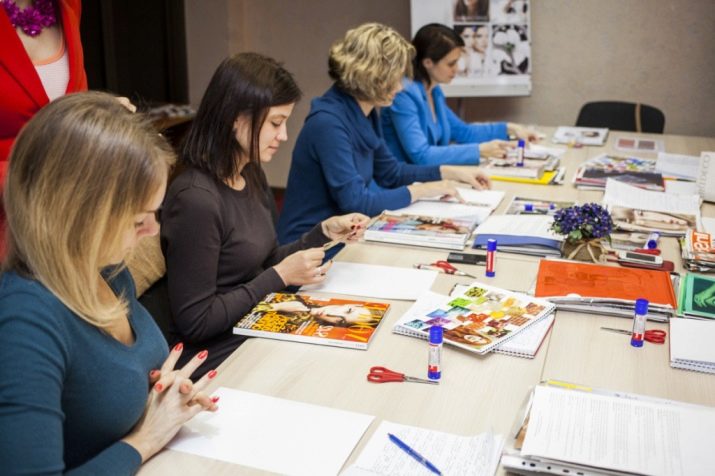
If you are interested in entering the foreign market, then go to one of the "fashion capitals" - Paris, Milan, London, Florence, where you can get a higher profile education with the issuance of an international diploma. What are the career prospects of an image maker? Where to go to work after university?
- Personal image maker. An excellent option for starting a career. Your responsibilities will be as follows: you will have to advise clients on their image, analyze the existing wardrobe, study the personal and behavioral characteristics of customers, highlight the strengths and weaknesses of their appearance. After collecting all the information you need, you will need to provide the client with a plan for changing their image - from clothes to behavior. By the way, the work of a personal image maker can be carried out remotely.
- Personal shopping assistant. This specialization implies not only the selection of a new wardrobe, but also going shopping with clients to buy the necessary things. This work is often associated with trips abroad.
- Trend-hunter (cool-hunter, trend-watcher). A very promising direction for work in the fashion industry. The duty of trend hunters is to track various trends: in architecture, art, music, etc., fix them, generate reports and sell information to glossy magazines, fashion designers, brands.
- Fashion stylist. Specialist in making bows for video and photography. They are attracted to work with magazines, catalogs, to shoot music videos, commercials, films. The task of the image maker in this case is to determine the main idea and the selection of everything necessary for its implementation (of course, within the framework of powers).
- Style coach. A professional master of image creation may want to share his knowledge and skills through the organization of special courses, master classes, webinars.
- Fashionable columnist. As a rule, this specialist collaborates with some glossy publication or TV channel. He interviews fashion designers, famous models and other significant figures in the industry, covers shows, talks about current fashion "tricks". In the future, the columnist can become the editor of a glossy magazine.
- Visual merchandising specialist. Its task is to develop a step-by-step visual plan for the boutique's equipment: placing equipment and goods on it, window dressing, etc.
Sometimes these specialists are involved in the formation of the assortment.
